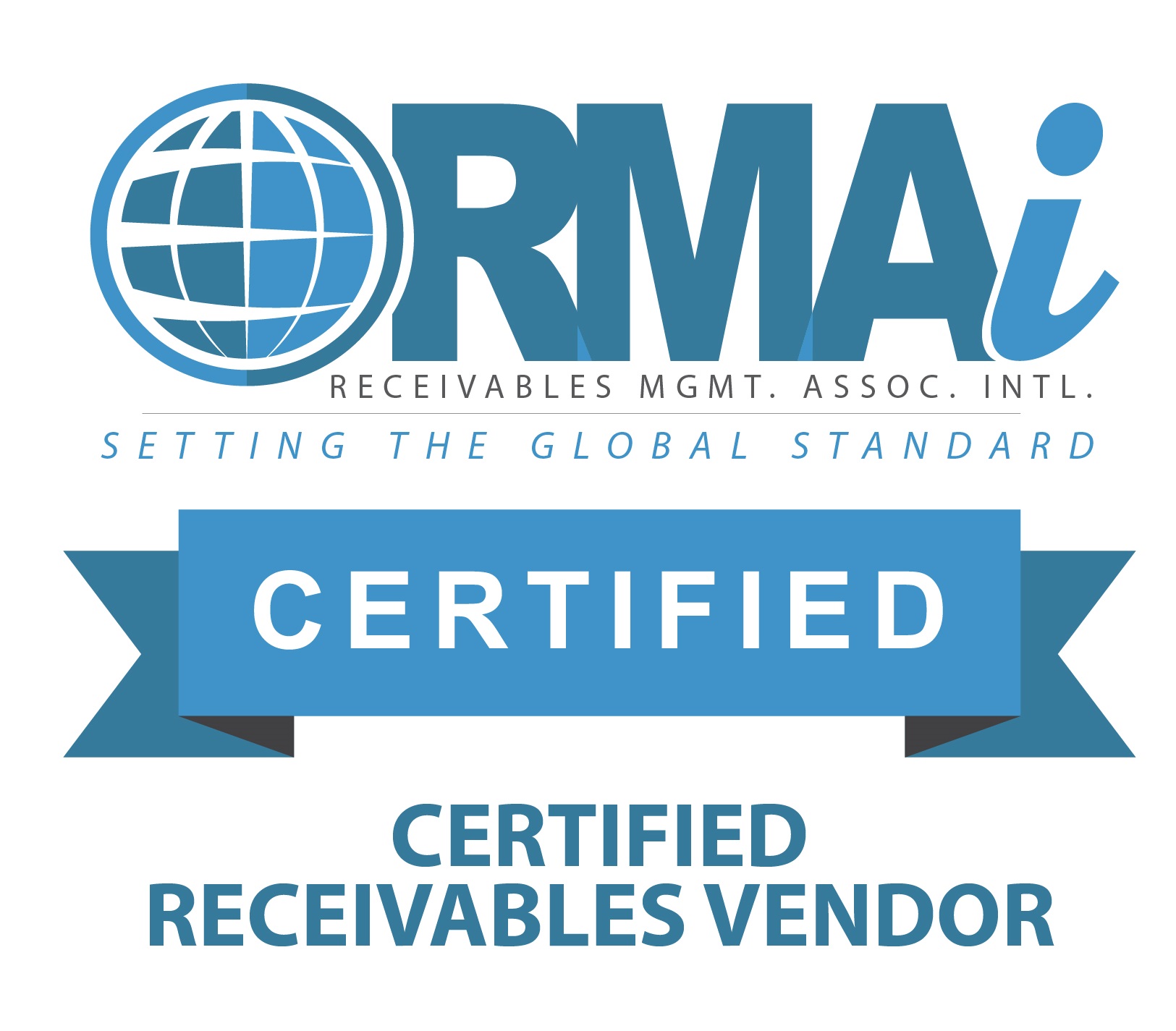View Sale Announcement Detail


Archived news
The federal crack-down on perceived racial bias in the car loan sector continued as Fifth Third Bank agreed to pay $18 million to settle allegations brought by the Consumer Financial Protection Bureau.
The Cincinnati-based bank, Ohio's largest by assets, has changed its auto loan pricing structure as a result of the deal. Fifth Third also agreed to pay $3 million to put to rest accusations of illegal credit card practices.
More than $200 million in regulatory penalties
This is the third high-profile enforcement action the consumer watchdog has taken in the past two years. Ally Bank and American Honda Finance Corp. were among the financial institutions that had drawn a total of $200 million before the Fifth Third settlement. The government isn't arguing that the companies intended for African American and Hispanic borrowers to pay more than their white counterparts, simply that in practice, borrowers of color wound up being charged more. The doctrine, controversial in some quarters, is called "disparate impact" theory.
In Ally's case, people of color paid as much as $300 more over the lives of their loans than whites did. Black and Hispanic customers whose loans went through Fifth Third paid about $200 more, according to a CFPB statement.
"Fifth Third's move to a new pricing and compensation system," said CFPB Director Richard Cordray, "represents a significant step toward protecting consumers from discrimination."
Dealer markups in the crosshairs
As American Honda Finance Corp. did in its previous settlement, Fifth Third will restrict the latitude car dealers have when they add markup to the wholesale rates the bank offers on given loans. These markups can add up to 2.5 percent interest. Observers say the regulators' objective is to encourage lenders to place strict limits on markups or jettison them entirely for flat-fee structures.
Fifth Third Bank defended its practices in part by throwing blame for any bias on dealers.
"It is important to understand that Fifth Third is not involved in the transaction between dealers and their customers," said a bank statement given to several news sources including the Wall Street Journal. "Instead, dealers ask Fifth Third for an offer to purchase the contracts they enter into with customers. When considering whether to purchase a contract from a dealer, Fifth Third does not receive or consider any information about a consumer's race or ethnicity."
Overestimated disparities?
Regulators have admitted that their methodology, which uses last names and Census tracts to make educated guesses about a lender's race and ethnicity, could overestimate the amount of discrimination taking place, according to documents obtained by American Banker.
Patrice Ficklin, assistant director of the watchdog agency's Office of Fair Lending, in a memo described the CFPB's methods as "valid and reasonable under the circumstances here, and although there may be some risk of overestimating disparities, the alternative presents an equal (and perhaps greater) risk of underestimating disparities and thus consumer harm."
You may be wondering why federal regulators don't just go after the dealerships directly. It's because Congress put dealerships off-limits when it set up the charter for the CFPB. Indeed, some lawmakers are seeking a further neutering of the relatively new watchdog agency.
If auto loans form a part of your bank's loan portfolios, consider seeking guidance from loan sale advisory firm Garnet Capital Advisors about the secondary market for these loans.







